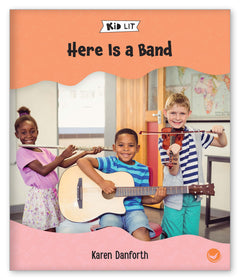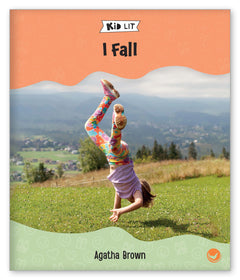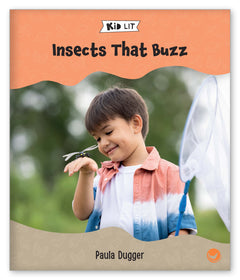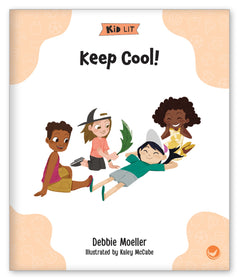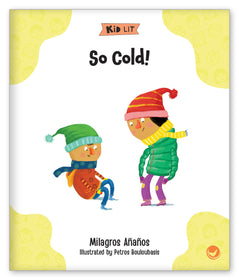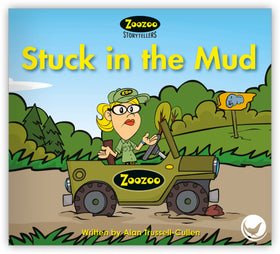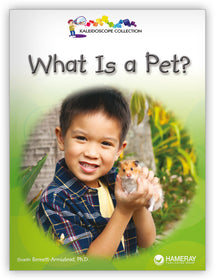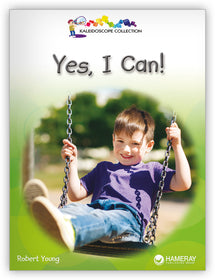Level A Books
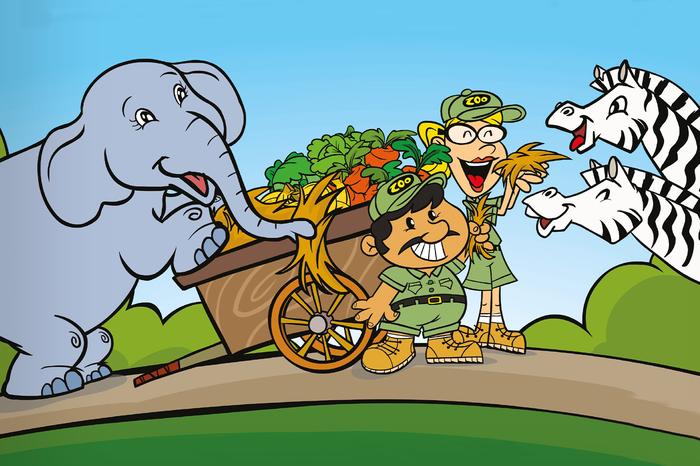
- 80 Titles (43 Fiction + 37 Nonfiction)
- Early Emergent | Kindergarten Reading Level
- 12 Big Books
- Topics: Celebrations, Animals, Food & More
- Various Teacher's Guides Available

Level A Reading Books - Leveled Books and Big Books for Preschool and Kindergarten
What Does Guided Reading Level A Mean?
Guided reading A, or reading level A, is the lowest reading level in leveled reading. Books at reading level A are designed for the earliest of new readers, also known as emergent readers. Guided reading level A books are written in a way to introduce basic concepts to students in preschool and early kindergarten. They have very simple text, include clear illustrations and photography, and often contain repetition and predictable language — all of which help new readers better understand the story and content of the book. Oftentimes, in guided reading level A books, each page contains a single, short and repetitive sentence, made up of simple one- or two-syllable words. On the pages within the book, these simple words are large and obvious, and have plenty of space between them — allowing a young child to point out and read each word with ease.
What Grade Level is Reading Level A?
Guided reading level A books typically correspond with and are meant for elementary students in preschool and early kindergarten. Students at this reading level are just getting started with simple texts. They are often learning to recognize letters and words, sound out words, and comprehend basic text and text features. They might have some familiarity with concepts of print, and a beginning understanding of sight words and letter sounds, but they are still at the earliest stages of learning how to read. It is important for students at reading level A to improve word recognition skills, focus on sight words, and learn out how to decode words more effectively and easily.










































